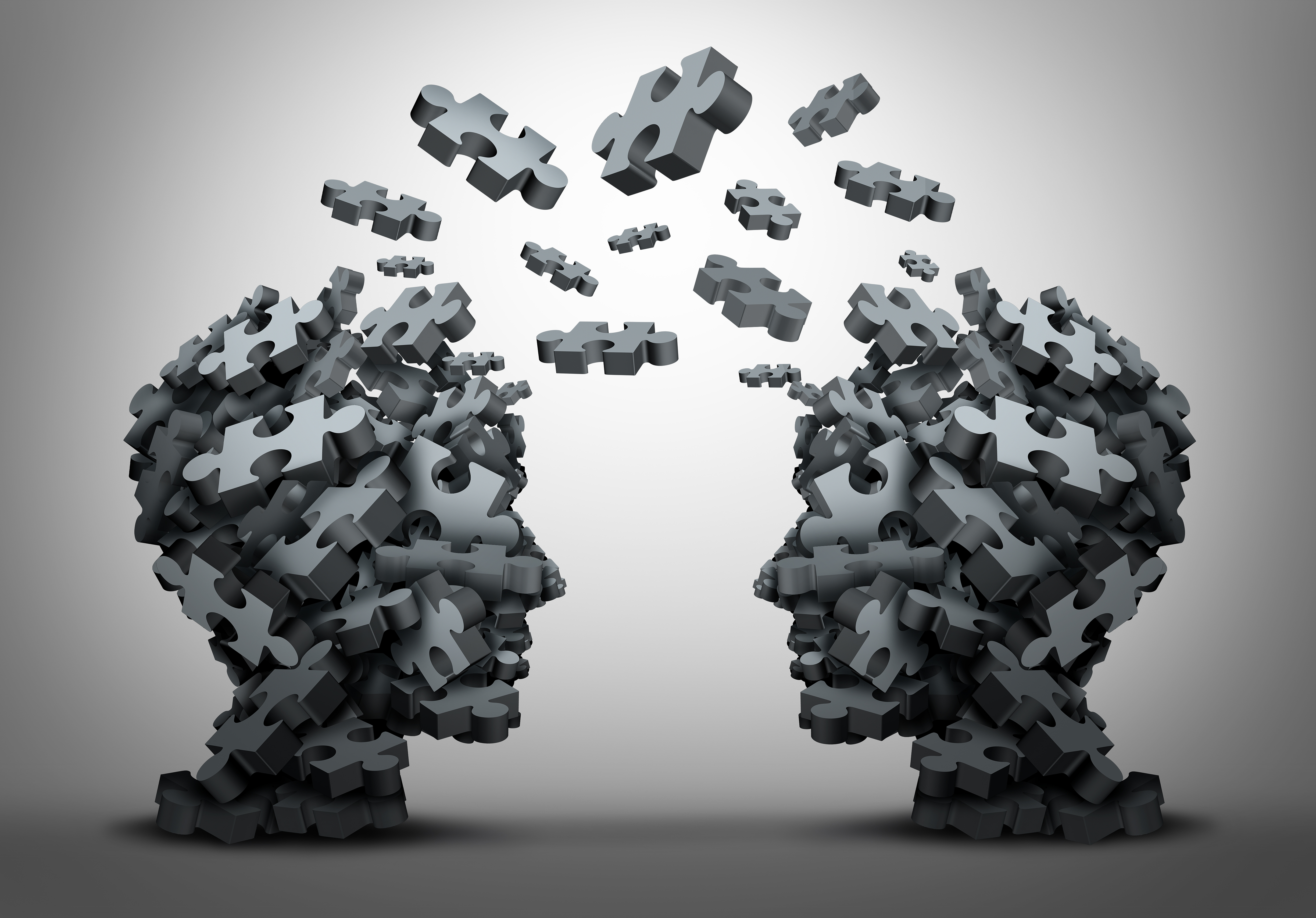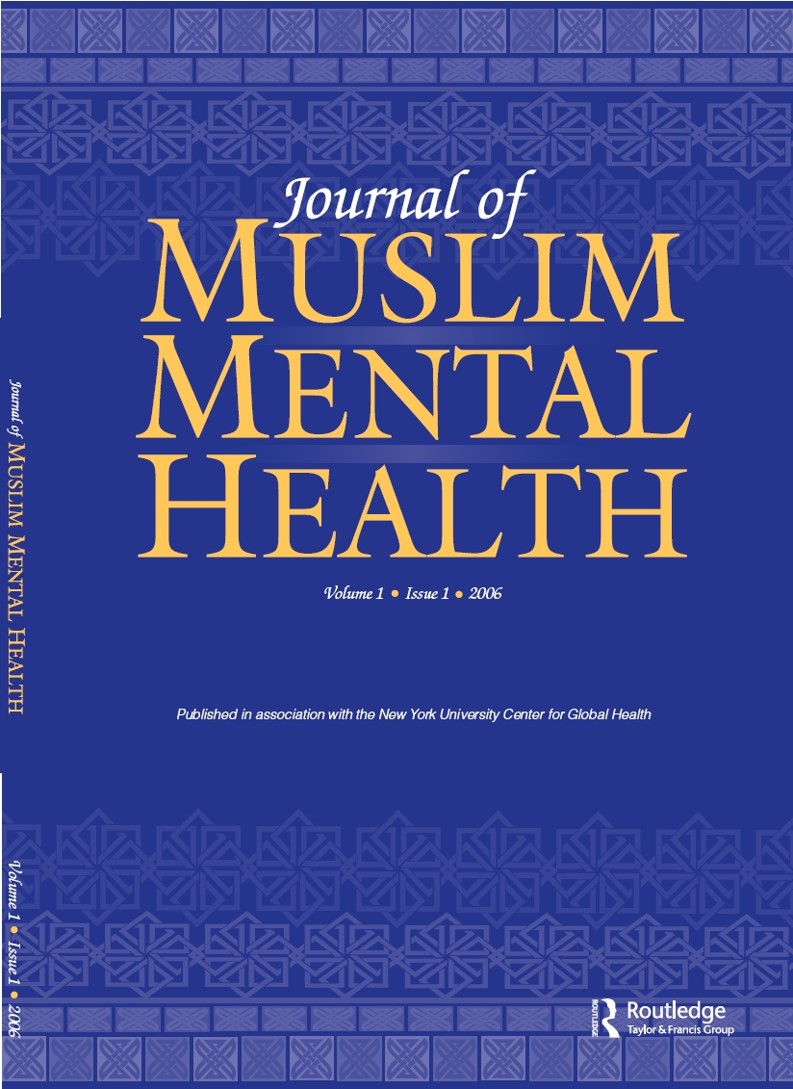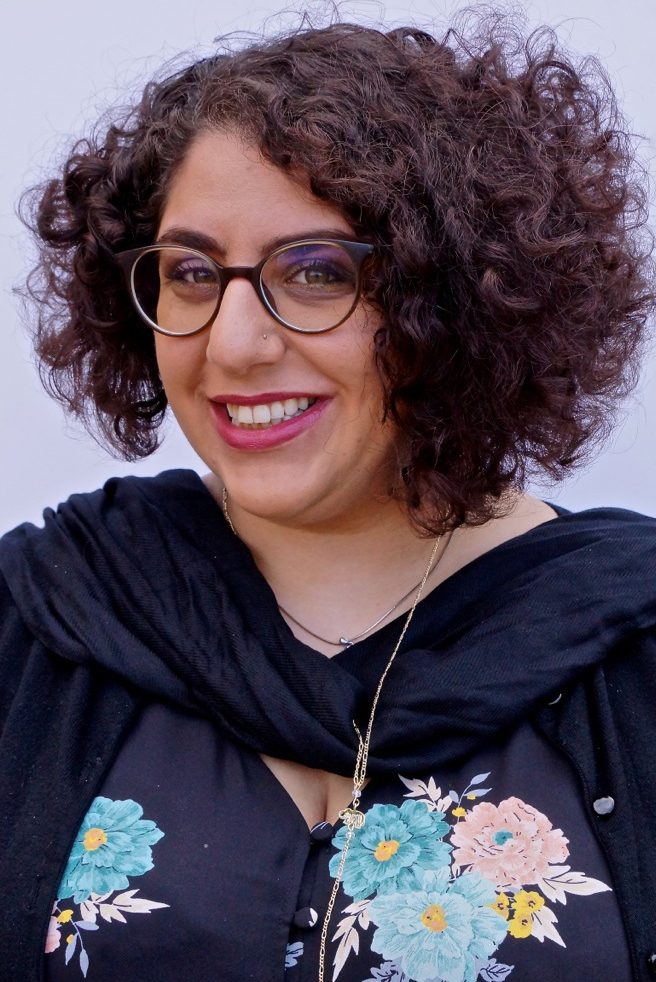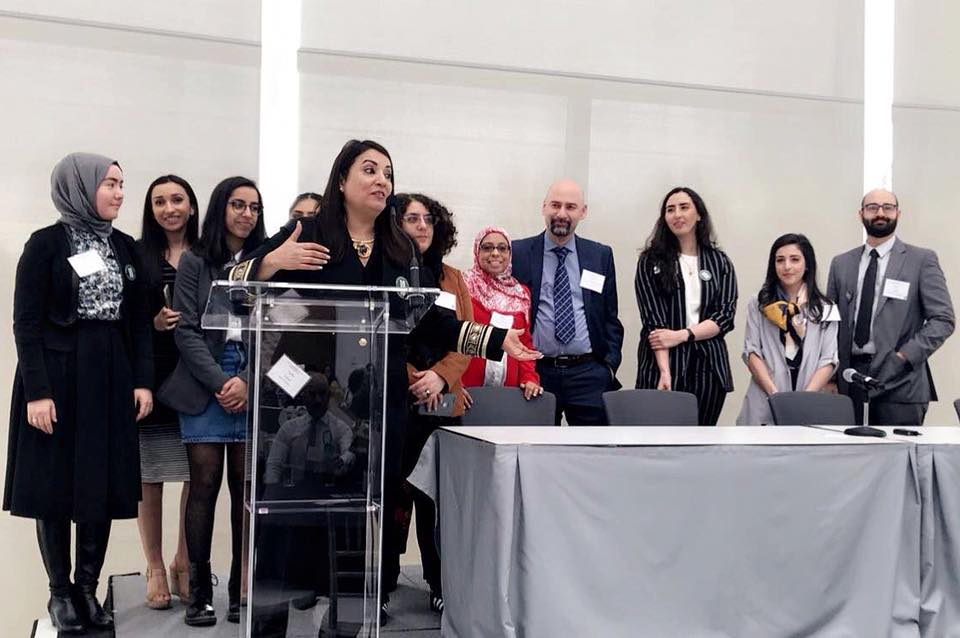Posts by neonadmin
Caring for Minds Behind Bars: The Role of the Muslim Chaplain
In theory, the line between mental illness and spiritual needs is clear; however, not many things are clear in a prison setting. As a Muslim chaplain in the Connecticut Department of Corrections (DOC), I am faced with inmates that have clear mental health needs. Fortunately, inmates with mental health issues are often identified by the mental health departments in all the facilities in CT prisons and jails
Read MoreUnderstanding Psychotherapy: How to Find the Right Practitioner and Beyond
Primary health care providers and patients alike are increasingly recognizing the positive role that psychotherapy can play in wellness. At the same time, it can sometimes be challenging to locate appropriate psychotherapeutic services.
Whether you’re facing a rough moment or know someone who is, finding the right mental health practitioner is one of the first steps towards enhanced well-being. In psychotherapy, you will learn healthy coping strategies, gain a better understanding of yourself, and address goals that you set in collaboration with your psychotherapist.
Read MoreRamadan, Mental Health, and The Spiritual Path
As Muslim clinicians, we know firsthand the challenges and blessings of Ramadan and fasting. Fasting can be a struggle, even for the healthy individual. But how does fasting and Ramadan affect our patients? From timing medications such as stimulants, to dosing twice daily regimens to help with mood stabilization or depression – sometimes we assume our patients will figure out answers to these complicated questions on their own.
Read MoreJoin Us!
Are you interested in learning more about Muslim mental health issues? Do you want to connect with professionals focused on the mental health and well-being of Muslims? You can have access to the most cutting mental health research impacting Muslims! Become an member of the Institute of Muslim Mental Health (IMMH) today!
Read MoreTop 5 Most Impactful JMMH Articles
The primary purpose of publishing academic, mental health research is to offer evidence and guidance to clinical, social, and public health services. Measuring the impact of publications on practice and policy is complex, with citation count being the most commonly used metric. After all, the more number of scholars who cite an article, the more likely that article has influenced the discourse, right?
Read MoreLamise Shawahin, PhD
Lamise Shawahin is an exciting, emerging scholar focused on psychosocial resources of American Muslims. She is Palestinian-American who is passionate about social justice issues both locally and globally. She completed her doctorate in Counseling Psychology at Purdue University, under the mentorship of Ayse Ciftci, PhD.
Read MoreKhalil Center: Combining Faith and Science for Mental Health
Khalil Center is a psychological and spiritual wellness center and initiative whose mission is to advance the professional practice of community mental healthcare inspired by the Islamic intellectual heritage. Khalil Center utilizes faith-based approaches rooted in Islamic theological concepts while integrating the modern science of psychology toward addressing psychological, spiritual and communal health. Khalil Center’s goal is to understand and address the widespread prevalence of social, psychological, familial and spiritual issues of American Muslim communities.
Read MoreSuicide Prevention: A Community Approach
Suicide is the tenth leading cause of death in America (American Foundation for Suicide Prevention, 2017). According to the CDC, Americans attempt suicide 1.1 million times a year and a life is lost to suicide every 12.3 minutes. Suicide is present within the Muslim community. In an effort to address this issue, The Family & Youth Institute (FYI) developed community resources to help suicide attempt survivors, suicide loss survivors, those with suicidal ideation, and family and friends affected by suicide. These suicide prevention and intervention resources include: 1) a community action guide, 2) prevention infographics, 3) intervention infographics, 4) a toolkit and 5) a video by the National Action Alliance for Suicide Prevention featuring Dr. Sawssan Ahmed, an FYI researcher.
Read MoreReflections on the 10th Annual Muslim Mental Health Conference: Strength-based Approaches
The 10th Annual Muslim Mental Health Conference is a platform for Muslim mental health professionals to gather together, collaborate on new ideas and goals, and strengthen our ties to each other and our common vision of mental health for our community.
Read MoreNarcissism Normalized
The normalization of narcissism has become a prevalent issue in society, one commonly displayed in a positive light in the media. Our culture celebrates athletes whose trash-talking and declarations of being “the best” are coded as “swag” as well as high-powered, overpaid executives whose grandiose behavior is framed as bold. Until recently, politicians fixated on their own achievements were excused as simply being politicians. The perceived success of celebrities, whether they be athletes or movie stars, further perpetuates the myth that narcissism leads to authority, influence, and wealth.
Read More









